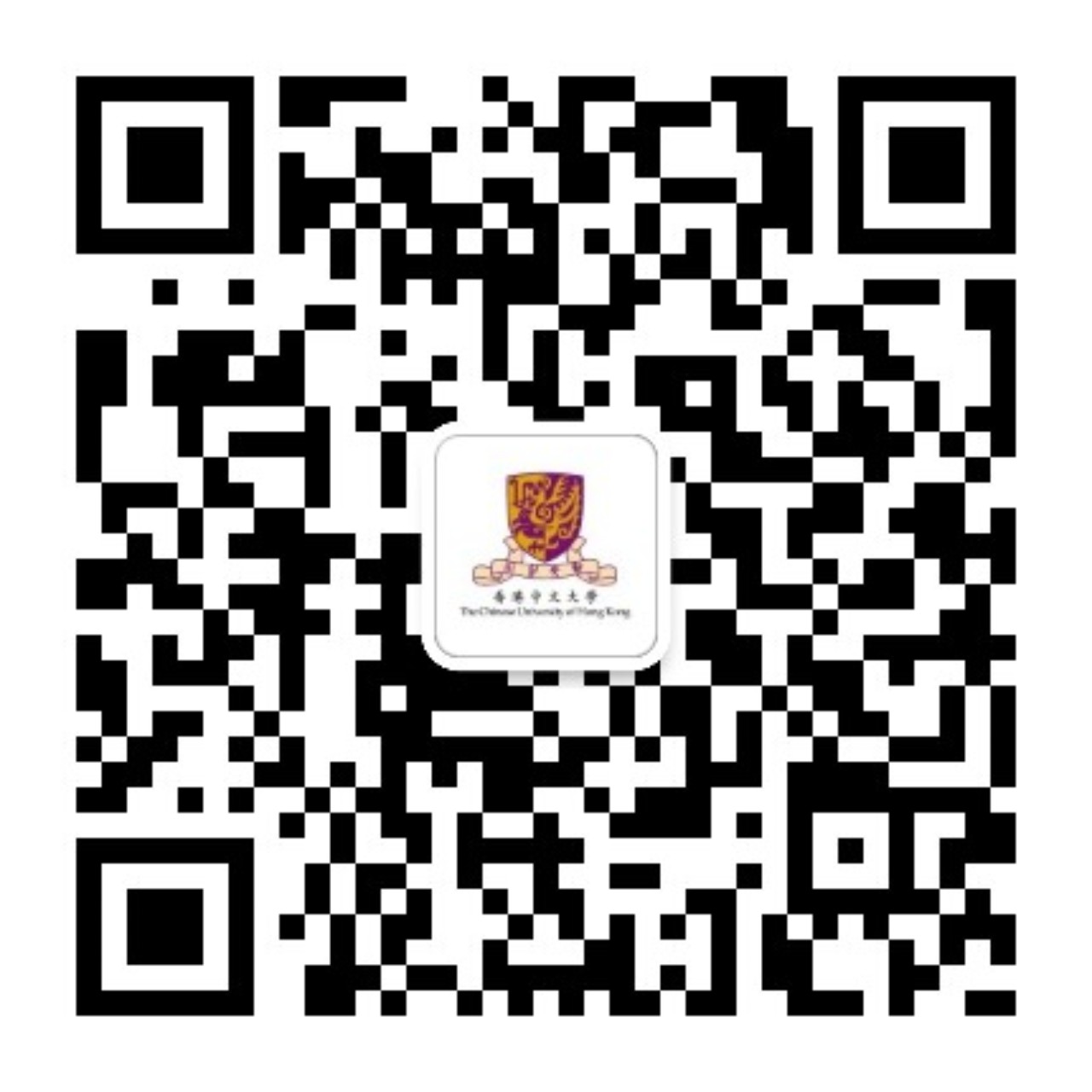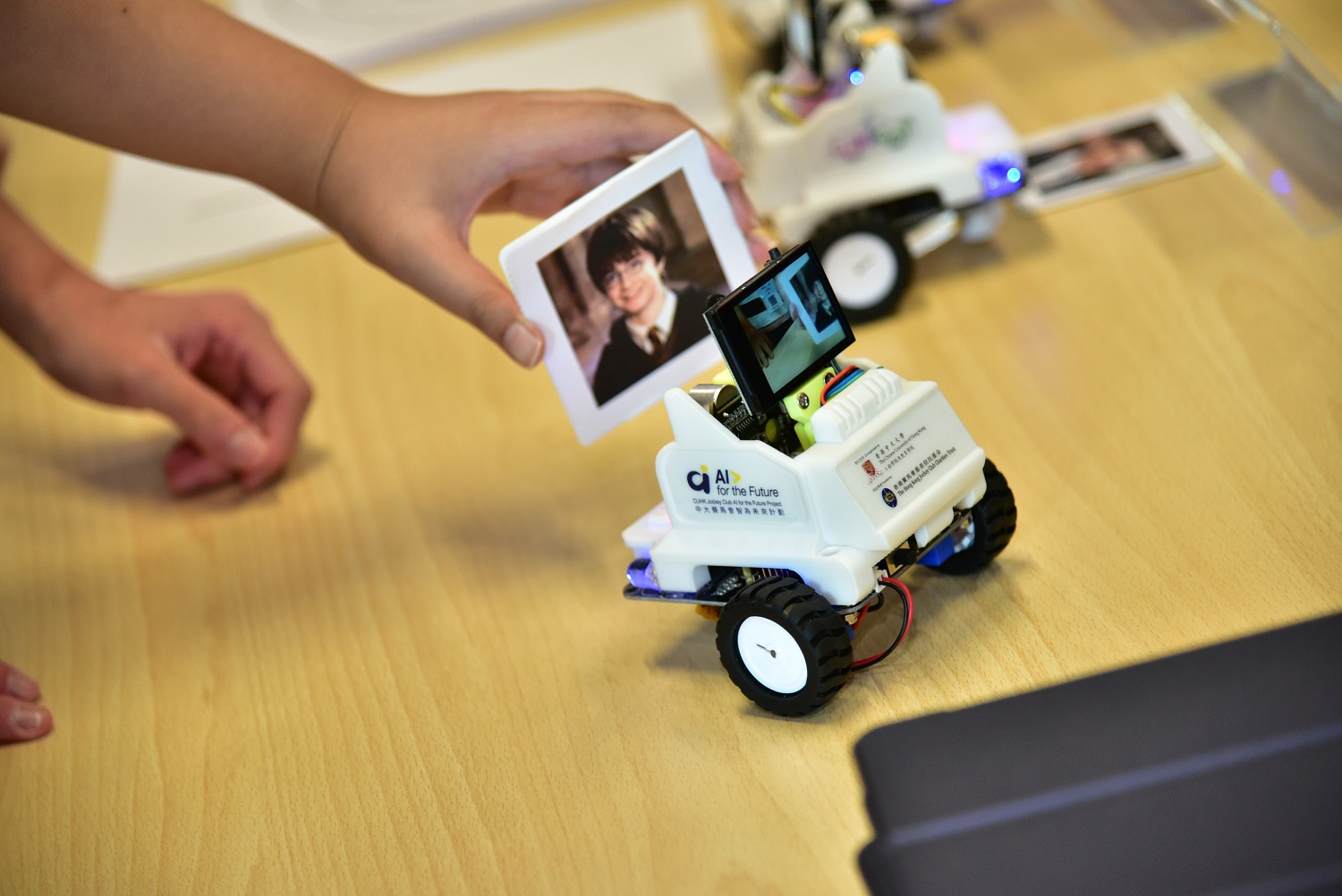With the rapid development of AI, there is huge emerging demand for AI professionals to work on high-end technologies. The AI programme offered by The Chinese University of Hong Kong (CUHK) is internationally recognised: ranked third in the Best Global Universities Rankings 2023 by the U.S. News and World Report and first in Hong Kong. CUHK also proactively trains future AI professionals, including scientists, biomedical engineers, IT and computing technology professionals, manufacturing and robotics engineers, and AI multimedia professionals.
To nurture AI talents, it is of paramount importance to arouse the interest of young people in AI as early as possible. It is akin to the construction of a house, the foundations are of utmost importance. The CUHK Jockey Club AI for the Future Project (the project), initiated by CUHK and funded by The Hong Kong Jockey Club Charities Trust (“the Trust”), aims to incorporate AI into mainstream education. Rolled out in 2019 as the first Artificial Intelligence Curriculum for Junior Secondary Students in Hong Kong – Teaching and Learning Pack in Hong Kong, it has benefited 12,000 students and provided education training to more than 400 teachers. With further sponsorship of HK$98 million from the Trust in 2022, the project has entered its second phase, with a four-year curriculum that aims to impart AI knowledge at half of Hong Kong’s secondary schools.

iCar enables students to learn programming in an hour
The iCar is one of the highlights. Each participating secondary school received iCars for an AI lesson. Students can easily assemble the iCar in an hour and learn how to control it by following the steps in the teaching and learning pack, providing a sense of accomplishment. Before experiencing the iCar, some students were daunted by the notion of AI, believing it to be the stuff of hardcore programmers and out of reach. But the iCar changed that – suddenly AI became fun and accessible, because iCar is easy to assemble and control.
Chan Wing Hang, a student from Yan Oi Tong Tin Ka Ping Secondary School, shared her memorable experience in class. “I programmed the iCar to turn on the motor and move forward when it identified a picture of a cat. When my classmate replaced the picture with a dinosaur, the iCar automatically stopped. It was indeed a very smart car,” she says.

The research team has developed the iCar for the teaching of AI courses. Its four components are easy to use: a programmable microcontroller (mico:bit), an AI Vision Sensor, a driving board with several sensors, and a 3D printed housing.

In the first phase of the project, the research team received positive feedback from students and teachers that the iCar was their first experience of AI and had aroused their interest in exploring the subject further. Although the project was launched in the midst of the pandemic, when online learning became increasingly prevalent across the school system, it provided an online platform for students to learn at home. It encouraged students to proactively learn more complex AI programming on the online platform, and to challenge themselves by designing AI games from scratch.
Students from Wah Yan College Kowloon, which was the winner of the Social Concerns Award in the Secondary School Smart Creativity Competition 2021, developed a mobile game called Fruit Panda to address the problem of insufficient fruit consumption among Hong Kong people. Players are required to feed a virtual pet panda with designated fruit and also upload a photo of the same fruit and eat it, encouraging them to develop healthy dietary habits. The game employs AI to help identify if the player is eating the designated fruit.

AI knowledge is key to playing with all the built-in functions of the iCar. The AI teaching and learning pack covers five areas: Awareness, Knowledge, Interaction, Competency Reinforcement, and Ethics and Impact. It also contains worksheets, teaching guidelines, and local and overseas case studies to aid teachers in gradually imparting different levels of AI knowledge and skills to students.

Professor Yam Yeung, the project’s principal investigator and Research Professor in CUHK’s Department of Mechanical and Automation Engineering, said that the outcomes of the first phase were encouraging. “This is a breakthrough from 0 to 1. With no AI teaching packs available for secondary schools in Hong Kong in 2018, we became a pioneer by initiating the project in 2019, recognising the need for students to learn AI. The rapid development of AI in the past three years reaffirms our belief that it is the correct path forward.”










